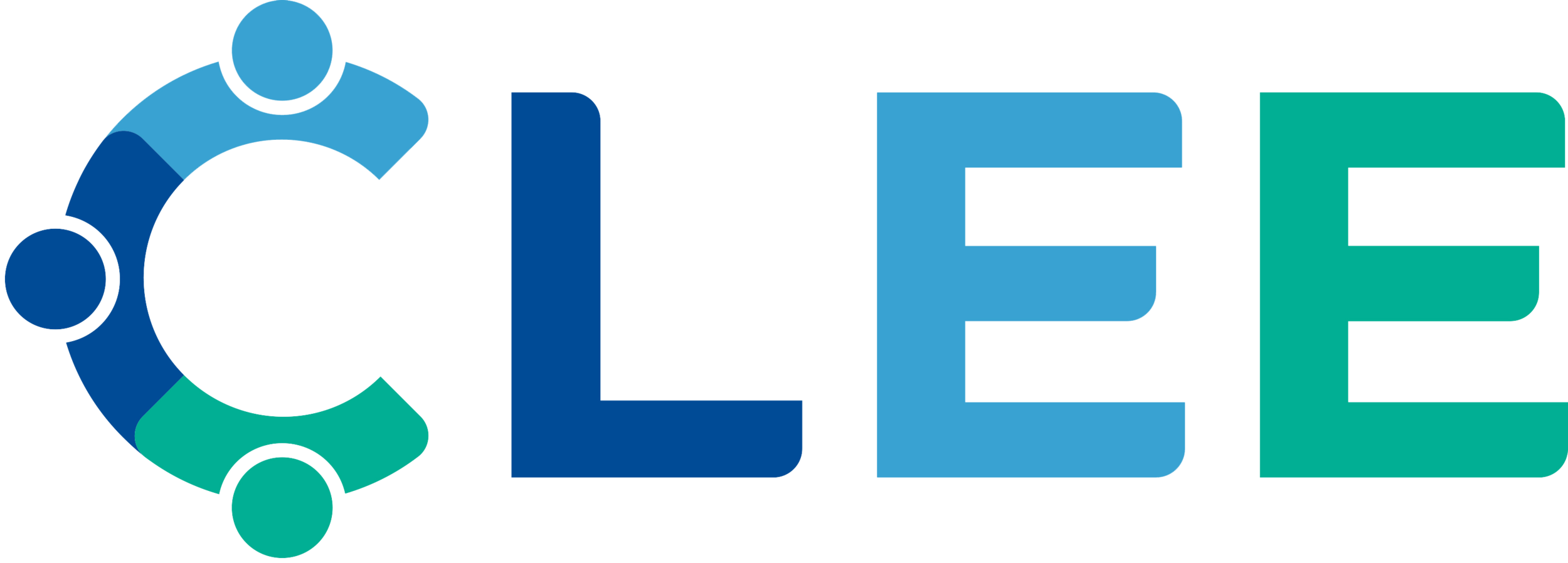The Importance of Classroom Visits for School Improvement
“This feels like problem-solving with proactive approaches. It is observing classrooms with a clear focus for improvement”
Instructional Rounds are intentional classroom observations and in-depth discussions to give and receive essential feedback on leadership practices to inform instructional support. These rounds help leaders and leadership teams develop common understanding of key district and school priorities through unpacking “problems of practice” and developing strategies to address them. Classroom observations center on a focus question related to a “problem of practice."
As a coach, it is so exciting to see administrators progress from non-specific polite feedback, to reflective, probing feedback. This happens in Instructional Rounds as leaders focus feedback on improvement after they engage in collaborative classroom observations.
“Taking time and staying focused on observation helped me see the evidence.”
Often initial feedback is general and non-descript, such as: “I saw students engaged.” Then, as leaders are coached to ask for evidence (e.g. “How do you know students were engaged?”), the observational feedback becomes evidence-based and more detailed. For example: “I saw teachers make time for questions, and call on students who raised their hands.” This level of specificity builds a clearer picture and opens room for the group to give actionable feedback.
Leaders tell us that engaging in an Instructional Round not only builds their capacity to give productive feedback to colleagues, it creates the opportunity for them to intentionally and collectively visit classrooms. They can see their students’ individual learning, dilemmas, and successes directly and have a presence in the classroom.
“Giving and receiving actionable, but honest, feedback with a colleague can be risky. I strengthened my ability to share my areas of improvement and be receptive to constructive criticism.”
Instructional Rounds provide a way to identify, celebrate, and build upon successes. It is also a process to identify where to focus and prioritize next steps to ensure your School Improvement Plan (SIP) goal can be achieved by the end of the year. When leaders focus Instructional Rounds on a goal from their SIP, the classroom visits become opportunities for data gathering to monitor progress and see growth. Most importantly, the ability to engage in a focused conversation to receive specific feedback from fellow leaders afterward has incredible value for administrators.
Janelle Clarke-Holley, Director, Executive Leadership Programs

